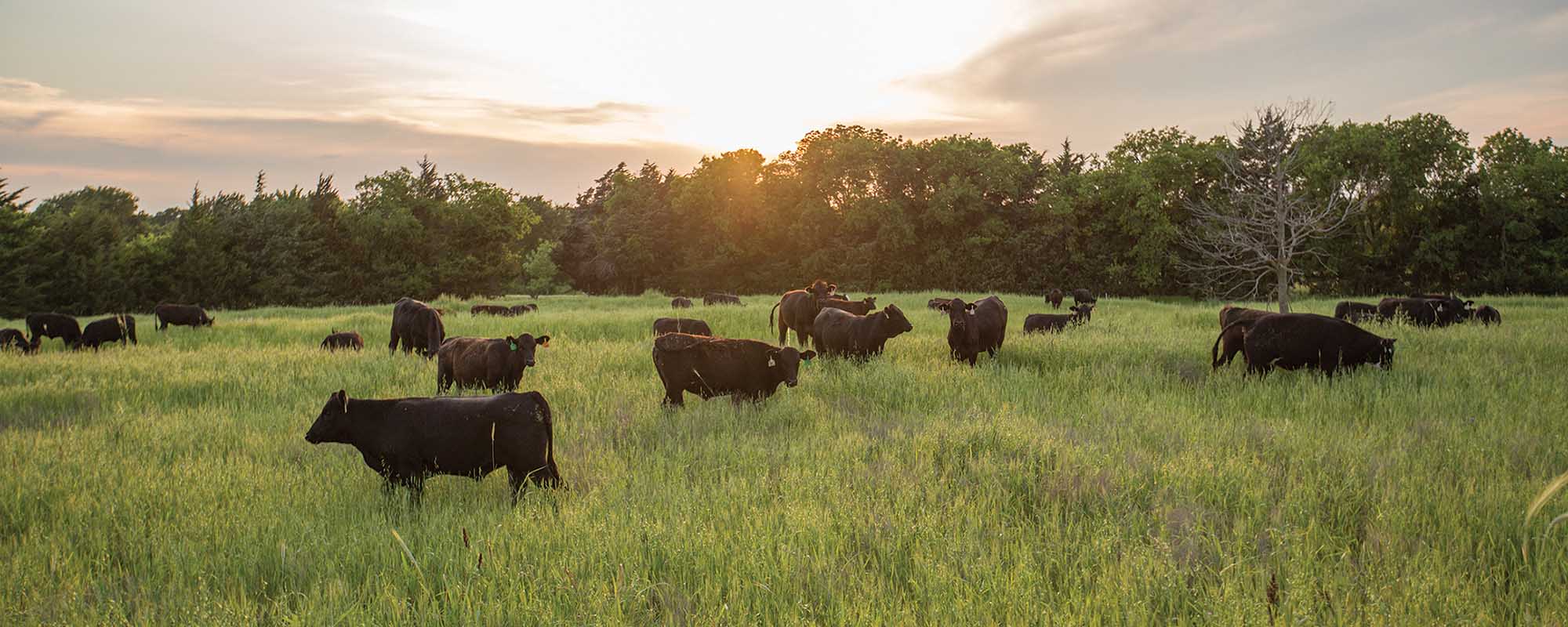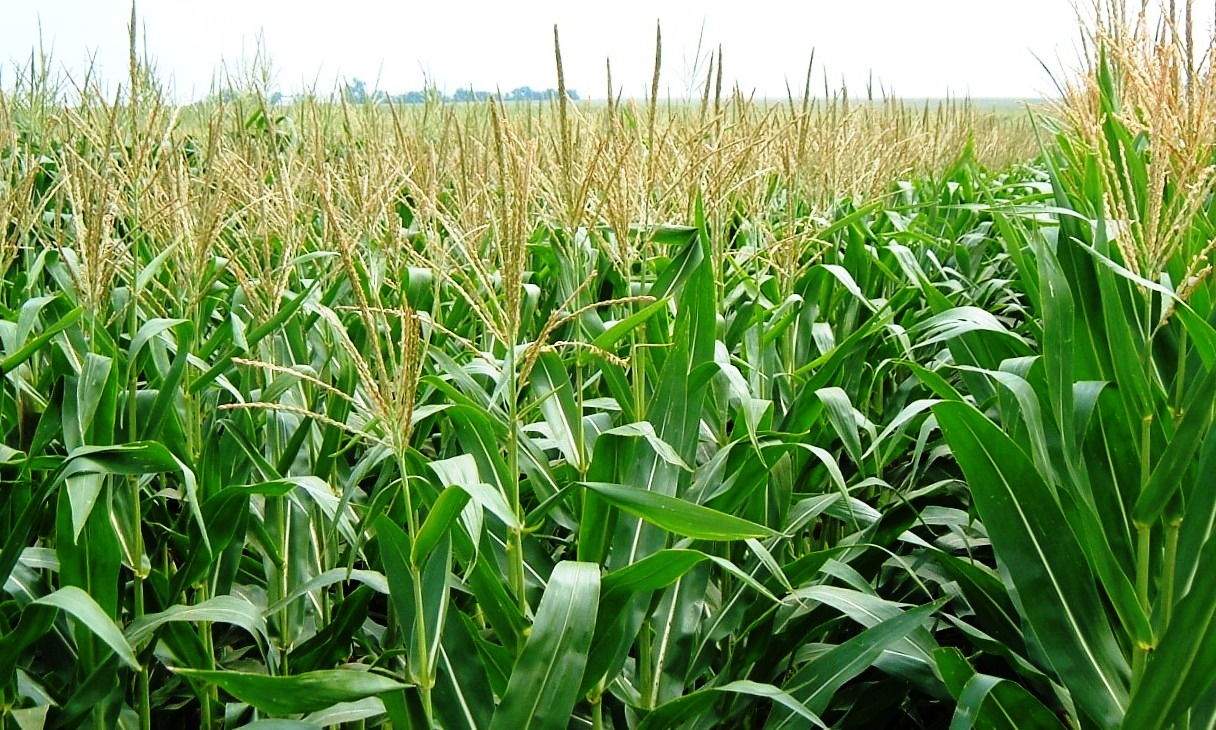Disclaimer
Last updated: 16 Feb 2018
The information contained in NTT (Nutrient Tracking Tool) has been tested for use in the Ohio counties surrounding Lake Erie, in the Mississippi Delta, Missouri, Yakima County in the State of Washington, the northern portion of Oregon, Maryland, Delaware, Pennsylvania, Virginia, Puerto Rico, and Sonoma County in California. Because your area of interest may contain unique features, the program may not provide the appropriate results in your area when model default parameters are used. All input data and results should be carefully reviewed as errors or omissions in the input data may lead to misleading outcomes. We are currently in the process of completing the testing and validating NTT across the US (this page will be updated accordingly as new information becomes available).
If you have questions regarding the application of NTT or are interested in having it calibrated and validated for your area, please contact Dr. Ali Saleh at (254)592-1975 (saleh@tarleton.edu) or Ms. Mindy Selman at (202) 401-0531 (mselman@oce.usda.gov).
Finally, although NTT has been tested by its developers, NO warranty, expressed or implied, is made as to the validity of the results and functioning of the program and related program material, nor shall the fact of distribution constitute any such warranty; and NO responsibility is assumed by the developers in connection therewith. The user assumes all risks and responsibilities for the use and application of NTT and interpretation of the results generated from the tool. The authors and their affiliated institution, TIAER, Tarleton State University, and any other U.S. Government agencies will NOT be liable to NTT users for any damage, including lost profits, lost savings, lost time, actions by regulatory agencies, or any other direct or indirect incidental or consequential damages occurring from the use of or inability to use NTT, its databases, its results, or its documentation for any purpose.
Contact Us
For detailed information please refer to the manual or contact Dr. Ali Saleh by e-mail at saleh@tarleton.edu
or by phone (254) 968-9799. For technical support please contact Ali Saleh or Oscar Gallego at gallego@tarleton.edu.
WHAT'S NEW
UPDATES
1. Tier 1 Validation has been completed for all of the lower 48 states. Parameter files have been updated in NTT. Ohio and Minnesota have been validated using field-scale data (Tier 2 Validation). Where we have field scale data we will continue to improve parameters in NTT. Please review the validation information available by clicking on validation on the bottom of the home page. Stay tuned for more updates.
2. Currently, the soil surface slope is calculated based on one centroid pixel (30-m or less) representing each soil type within the area of interest (AOI). Now, the modified slope routine in NTT will calculate the average slope for all existing pixels for each soil type within the AOI. This improve the value of calculated slope for AOI in most cases.
February 2020 (version 20-2):
An official version of NTT (Version 20-2) released with following modifications
1. The weather data period was expanded to Dec. 30 2018. NTT simulation period now spans between 1981 and Dec. of 2018.
2. The mapping system was upgraded to make it faster and more reliable.
3. The crop database planting/harvest dates was updated for different regions of country.
4. The conservation practices page now includes fencing. Fencing has the effect of eliminating direct manure deposits into the stream and creating a de-facto buffer between the fence and the stream that reduces erosion and surface runoff.
September 2021 (version 21-9):
Science and Technical
1. Farm Economic model (FEM) added to evaluate the economic impact of conservation practices.
2. Modification of APEX tile drainage routine to simulate soil profile water content.
3. Modification of tile bioreactors routine to tile drain system.
4. Modification of drainage water management practice to tile drain system.
5. Addition of saturated buffer practice to tile drain system.
6. Addition of start and end date for auto-irrigation practice.
7. Reservoir routine was added to the list of conservation practices.
8. An optional length input was added for grass waterways.
9. Modified soil-P so that it is refreshed at the start of each crop rotation to the user-supplied soil-P value.
10. Soil maximum depth was set to 2.0 m (6 feet) for all soils.
Databases
1. PRISM weather information extended to year 2019 (as always NTT is simulated using the last 30-years of updated weather)
2. Soils data was updated using USDA-NRCS 2019 soil survey data.
3. Economic databases were included for FEM simulations.
Help/Manuals
1. Help, user manual, and page instructions were updated and made available on the site.
2. A forum page was added to the site.
3. An email system was added to submit any posted user’s question in the forum in developers’ desk for possible assistance.
4. An FAQ page was added to organize and post the most common questions asked in the forum to assist other users.
Operational
1. Function allowing users to copy scenarios from other project or field in “Management Scenario” page was added.
2. Combined harvest and end of season operations in one in “Operation”
3. Functionality added to allow user to select “initial year” and “final year” for the tabular report.
4. Updated “tabular results” page to allow users to compare any number of simulated scenarios instead of limiting to just 3.
5. Added an automated function to route runoff, sediment, and nutrient between fields (subbasins) based on the slope order of simulated field (sub-basins) slope.
6. The APEX download button was moved to the actions columns, so the user does not need to simulate a scenario in order to download the APEX folder before running other one (available in NTT-RE version).
October 2023 (version 23-10):
1. C Sequestration rate at 12 in. soil depth”, "CO2 equivalent”, and "Climate Impact" are added. Now you can see in the results.
2. Streambank stabilization was updated with two possible options.
Option 1. Streambank stabilization. Stream bed is stabilized to prevent channel and nutrient losses under this practice.
Option 2. Streambank restoration. Stream bed is stabilized and vegetated to prevent channel erosion and nutrient losses under this practice.
3. Tile drain management options were updated. For instance, under the Drainage Water Management scenario, user is able to select the periods when the tile drain is open and/or closed.
4. The SSURGO soils data is updated as of June of 2022.
5. The weather information were updated from PRISM data up to year 2021.
6. The simulation period is updated from 1987 to 2021 keeping the same 35 years as simulation period. However, the user can see the simulation results for any given years.
7. More variables were added in the monthly chart results page. Note. for projects created prior to this new version (23-10) to be able to view all of the new variables the scenarios need to be re-simulated.
8. User is able to delete any soil type from soil table in NTT-re version.
9. additional buttons in NTT were added to better help the users in running NTT.
10. A new button has been added in all pages allows the user copy and save the project at any time.
11. User is now able to select to add or replace the new field/fields to the exiting when uploading a zip file.
February 2024 (version 23-10):
1. Soil Test P (STP) - NTT users are able to input the measured STP and measured STP depth. This will affect the crop P requirement in certain use cases. Please review your project accordingly when using this feature.
2. Crop, N, P, Water, and Temperature Stress Levels - The tabular output results were updated to demonstrate the Crop N, P, Water, and Temperature Stress in ntt.tiaer.tarleton.edu (Public Version). This information will assist NTT users to diagnose the possible deficiencies to optimize their crop yield. This table is already available in NTT-RE version (ntt-re.tiaer.tarleton.edu).
WELCOME
Thank you for your interest in using the Nutrient Tracking Tool (NTT) program. NTT is a free, online, user-friendly decision-making tool. NTT has been developed to assist producers selecting the most cost-effective management practices to minimize the nitrogen, phosphorus, soil carbon (sequestration) and sediment losses from crop, pasture, and forest lands while optimizing the crop production. NTT has been developed by the modeling team of Texas Institute for Applied Environmental Research (TIAER) at Tarleton State University in cooperation with USDA’s Office of Office of the Chief Economist, Natural Resource Conservation Service (NRCS), and Agricultural Research Service (ARS). NTT program is available for major cropping systems in US States (with exception of states of Hawaii and Alaska).









